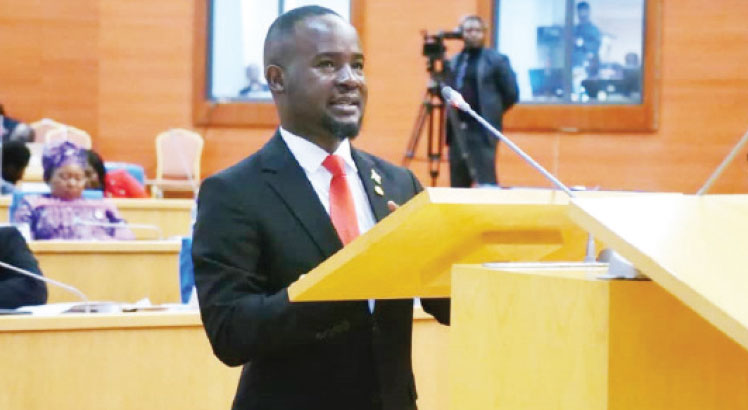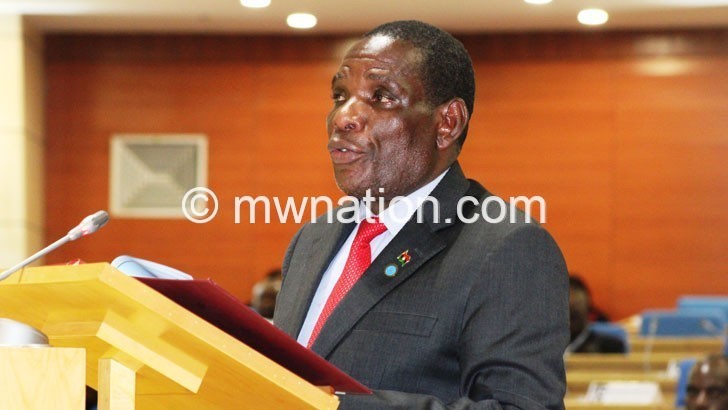World Bank tips Malawi on inclusive recovery
The World Bank says setting right policy foundation is critical to the country’s sustainable and inclusive economic recovery from Tropicl Cyclone Freddy.
In a write up titled ‘Moving from response to resilience as external shocks and macro-fiscal imbalances persist in Malawi, the World Bank vice-president for Eastern and Southern Africa Victoria Kwakwa advised the Malawi Government to stay on course of its economic reforms which are key to recovery.

She said: “Malawi has built up significant macro-economic imbalances, leading to the buildup of unsustainable debts both domestic and external and leading to forex and fuel shortages as well as high levels of inflation.
“This situation underlines the need to strengthen fiscal governance and implement structural measures to incentivise private sector investment, particularly in new agribusiness ventures.”
The recently published Malawi Climate Change and Development Report noted that various disasters facing the economy have become increasingly frequent and impactful over the last two decades.
The report said the compounded effect of the “poly-crisis” that Malawi has experienced has been extreme, with growth projected to decline to 0.9 percent coupled with lower agricultural output, forex shortages, affecting importation of raw materials and high global commodity prices.
Kwakwa, alongside the bank’s managing director for operations Anna Bjerde visited Malawi last week at a time the country is still recovering from the devastating impact of Cyclone Freddy which killed more than 600 people and damaged infrastructure such as roads and bridges.
She said for each of the crises that Malawi has experienced, the World Bank has stepped up with additional resources to support the country’s emergency response and systems-building for more durable solutions.
“Looking ahead to the longer-term, the bank is also preparing a comprehensive crisis response and resilience programme to help Malawi build back better while also scaling up critical work on degraded landscapes to ensure a durable solution,” she said.
Speaking in an interview on Monday, economist Gilbert Kachamba said Cyclone Freddy could affect the country’s development aspirations as espoused in the Malawi 2063, the country’s long-term deveopment plan, as recovery from the damage will cost the economy a fortune.
He said: “Cyclone Freddy has affected the country’s development aspirations in so many ways.
“The damage was just too much and way beyond the expectations. And recovery will cost us much; hence, the negative effect on the development aspirations.”
During International Labour Day celebrations in Lilongwe on Monday, President Lazarus Chakwera said Cyclone Freddy damage will cost the country about $500 million (about K518 billion).
“In economic terms, Cyclone Freddy alone has sunk more workers into unemployment and poverty,” he said.
Last week, the National Planning Commission said the Malawi 2063 First 10-Year Implementation Plan (MIP-1) targets are still attainable despite the negative impact of the cyclone to the economy.
The MW2063 seeks to transform Malawi into a wealthy and self-reliant industrialised upper middle-income country by 2063.
The long-term strategy also projects that if the economy grows at an average rate of six percent, Malawi could attain the low-middle-income status by 2030, with a per capita income of between $1 006 (about K1 million) and $3 955 9 (about K4 million).





